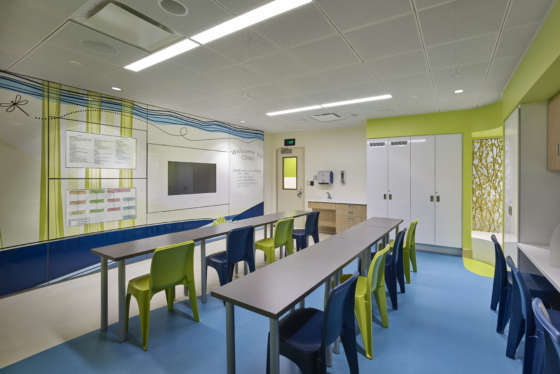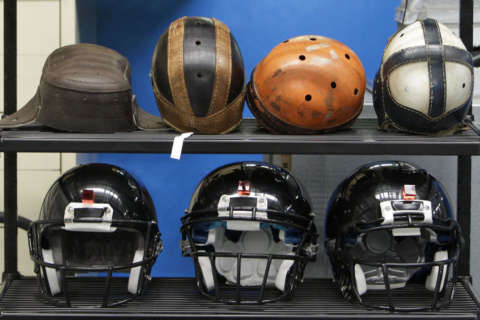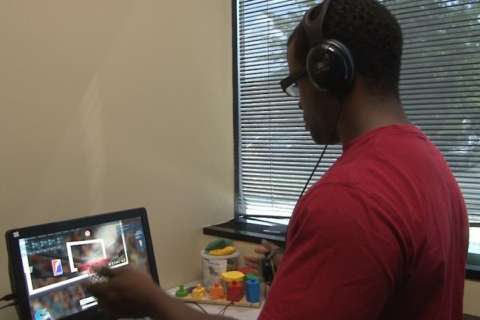WASHINGTON — Head injuries are one of the most common reasons kids go to emergency rooms where doctors might order CT scans to check for concussions, and now local doctors have developed a diagnostic tool to reduce the frequency of ordering those tests due to cancer concerns.
“We know that when you get a CT scan sometime in the first 22 years of life … there is a 300 percent increase in overall lifetime cancer,” said Children’s National Health System’s Chief Information Officer and Chief Medical Information Officer Dr. Brian Jacobs. “So that’s our No. 1 concern here and our No. 1 driver of this work is reducing radiation and the associated unnecessary exposure and the risk of malignancy.”
The decision support tool for concussions developed at Children’s National involves a digital checklist of symptoms that concludes with a recommendation.
“In the process of ordering a head CT scan, a CAT scan, in the radiology orders, this pops up right in their work phone and says, ‘Hey Doc. Do you really want to do this? This child does not have loss of consciousness or vomiting or so forth and we recommend no CT scan,'” Jacobs explained.
The checklist protocol developed at Children’s National is now used by dozens of pediatric organizations nationwide.
Jacobs said making consistent, evidence-based decisions is paying off at Children’s National where it’s led to a 44 percent reduction in CT scans.
“The first year we avoided 556 CT scans,” Jacobs said. “We’ve saved over $875,000 in costs per year.”
Jacobs said it typically costs patients anywhere between $1,000 and $3,000 for a scan.
More than 5 million kids a year hurt their heads and many of them, more than 4 million on average, end up getting head CT scans — the rate of scans has increased 20 fold between 1995 and 2003.
“What’s remarkable here is that the CAT scans that we do in these children are normal 92 percent of the time,” Jacobs said.
The Children’s National Health System has received a Davies Enterprise Award for creating the diagnostic tool.
“It’s awarded to a health care system who best utilizes health information technology to improve the quality of the care that they delivers to patients and their families,” Jacobs said. “It’s very exciting.”











